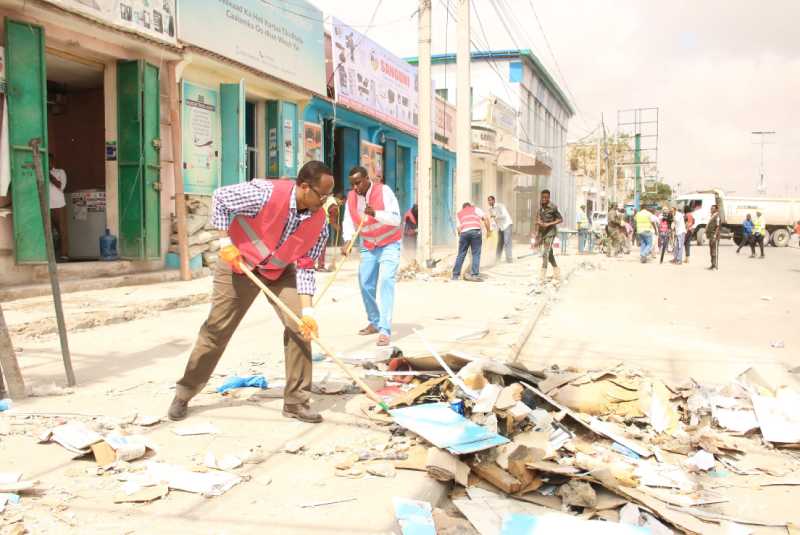×
The Standard e-Paper
Kenya’s Boldest Voice

Former Mayor of Mogadishu and Governor of Benadir Region Thabit Abdi Mohamed who led disaster response efforts after the October 14th Terrorist attack last year. He says the country emerged stronger after the attack. [Photo: Courtesy]
It’s one year since the worst terrorist attack in the region devastated Somalia’s capital Mogadishu leaving at least 500 people dead and many others with debilitating injuries or still missing —but hope for a better future is still burning strong.